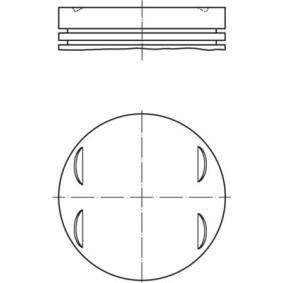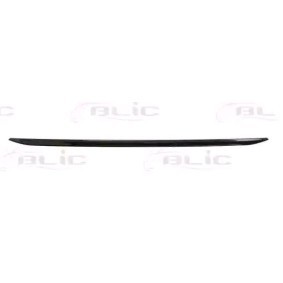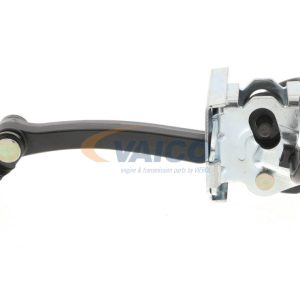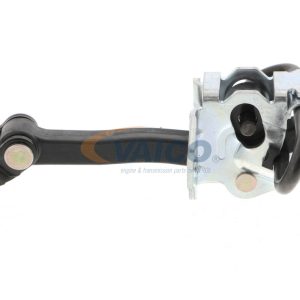Description
Function:
- The piston is located inside the engine cylinder and is connected to the crankshaft through a connecting rod.
- During the combustion stroke, the burning air-fuel mixture expands and pushes the piston down the cylinder. This downward movement of the piston is then transferred to the connecting rod, which in turn rotates the crankshaft.
- The piston essentially acts as a moving wall within the cylinder, compressing the air-fuel mixture during the intake stroke and being pushed down by the expanding gases during the combustion stroke.
Features:
- Material: Pistons are typically made from aluminum alloys due to their lightweight properties, which help to reduce engine weight and improve fuel efficiency. However, some high-performance BMW engines may utilize forged steel pistons for increased strength and durability.
- Design: The piston has a cylindrical body with a slightly domed top (crown) and a ring groove near the top. It also has a skirt that slides within the cylinder bore.
- Piston rings: These are thin, spring-loaded rings that fit into the grooves on the piston and seal the combustion chamber. They are crucial for:
- Preventing leakage of combustion gases: This ensures efficient combustion and power generation.
- Minimizing oil consumption: The rings scrape a thin layer of oil from the cylinder walls, providing lubrication for the piston and cylinder wall while preventing excessive oil from entering the combustion chamber.
- Piston pin: This pin connects the piston to the connecting rod, allowing the piston to move up and down while maintaining its connection to the crankshaft.
Importance:
The BMW engine piston plays a vital role in the engine’s power generation process. Its efficient movement and proper sealing are crucial for optimal engine performance, fuel economy, and emissions control.







Reviews
There are no reviews yet.